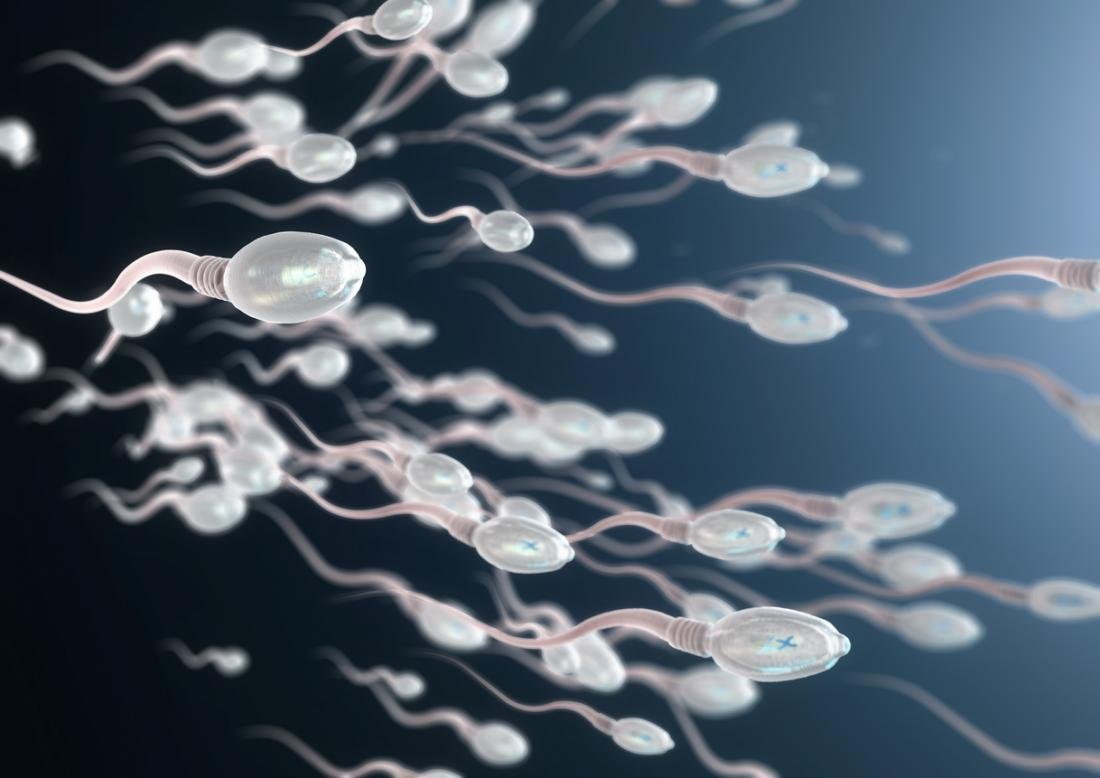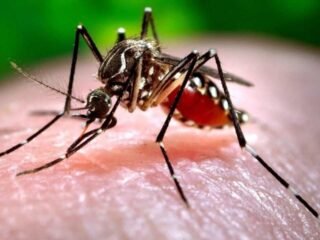New Delhi, 25 May 2025: A European sperm donor, unknowingly carrying a rare cancer-causing gene mutation, has fathered at least 67 children across eight countries between 2008 and 2015. Alarmingly, ten of these children have been diagnosed with various forms of cancer, including leukemia and non-Hodgkin lymphoma. The culprit is a mutation in the TP53 gene, associated with Li-Fraumeni syndrome—a hereditary condition that significantly increases the risk of developing multiple cancers.
Discovery and Genetic Implications
The issue surfaced when two families independently approached their fertility clinics after their children were diagnosed with cancer. Subsequent investigations revealed that the sperm used in these cases carried the TP53 mutation. Further analysis confirmed that 23 of the 67 donor-conceived children inherited this variant, with ten already developing cancer.
Li-Fraumeni syndrome, resulting from mutations in the TP53 gene, predisposes individuals to a range of early-onset cancers. Children with this syndrome require rigorous medical surveillance, including regular whole-body MRIs, brain scans, and abdominal ultrasounds, to detect potential malignancies at the earliest stages.
Regulatory Oversight and Ethical Concerns
The European Sperm Bank, which supplied the donor’s sperm, acknowledged that the donor fathered more than 67 children but refrained from disclosing the exact number, citing policy restrictions. At the time of the donation in 2008, the TP53 mutation was not known to be cancer-causing and was undetectable using standard screening methods.
Dr. Edwige Kasper, a biologist at Rouen University Hospital in France, emphasized the abnormal dissemination of a genetic disease due to the lack of stringent regulations. “We need to have a European limit on the number of births or families for a single donor,” she stated. “Not every man has 75 children across Europe.”
Currently, there is no international consensus on the maximum number of offspring per sperm donor. This case underscores the need for coordinated international guidelines to prevent similar occurrences in the future.
Calls for Enhanced Screening and Transparency
Experts advocate for improved genetic screening protocols for sperm donors, even if whole-genome sequencing for all donors is not feasible. Dr. Kasper suggests that targeted genetic counseling and more comprehensive screening could mitigate the risk of transmitting hereditary diseases. Additionally, she expressed concern over the sperm bank’s reluctance to disclose the total number of children conceived using the affected donor’s sperm, highlighting a lack of transparency.
Prof. Nicky Hudson of De Montfort University in Leicester pointed out the complexities of tracking donor-conceived children across multiple countries, especially when a serious medical issue arises. She emphasized the necessity for better systems to monitor donor usage and inform recipients of potential genetic risks.
This case serves as a stark reminder of the potential consequences of inadequate genetic screening and regulatory oversight in sperm donation practices. The health and well-being of donor-conceived children must be prioritized through stringent screening, transparent practices, and international cooperation to establish and enforce limits on donor usage. As science advances, so too must the ethical and regulatory frameworks that govern reproductive technologies.







